Silent prayer could soon become a crime
Labour’s plan to beef up the buffer zones around abortion clinics would literally criminalise the thoughts in your head.
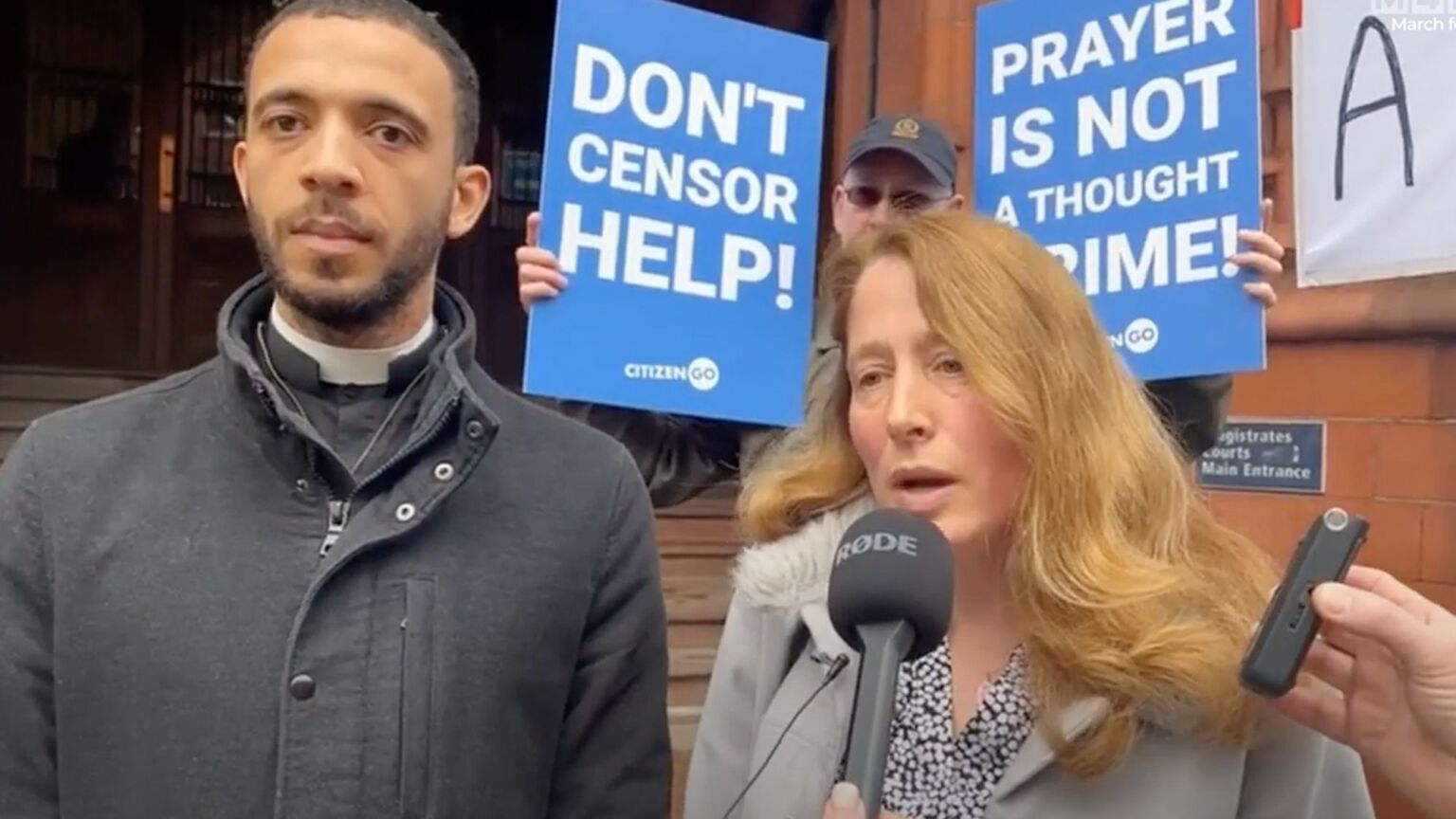
Want to read spiked ad-free? Become a spiked supporter.
The previous UK government’s record on free speech was unimpressive, but at least some of its ministers had the right instincts. In a short seven weeks, the new Labour government has already trashed the Conservatives’ Higher Education (Freedom of Speech) Act 2023 and given a post-riots nod and wink to the police and CPS to make examples of those posting their hateful views online. As if that wasn’t bad enough, home secretary Yvette Cooper now intends to make buffer zones around abortion clinics even more restrictive.
Last year, MPs forced through an amendment to the Public Order Act 2023 to add Section 9. This banned any act within 150 metres of an abortion clinic that might influence a woman’s decision to terminate a pregnancy. Though aimed at putting an end to the noisy religious demonstrations that had become a feature outside clinics, the law went way beyond this.
The threat to freedom of speech and protest that Section 9 posed should have been obvious from the start. For a few years now, councils have been introducing similar, local bans via Public Space Protection Orders (PSPOs). This has led to people being stopped by police in the street and aggressively quizzed on why they are near an abortion clinic and whether they might be engaging in silent, anti-abortion prayer. Some people have even been arrested and prosecuted, such as anti-abortion campaigner Isabel Vaughan-Spruce and Catholic priest Sean Gough.
The previous Conservative government did, at least, recognise that such prosecutions were excessive. Before implementing Section 9, the Home Office published draft guidance last year encouraging a light touch in enforcing it. One thing it emphasised was that suspicions of private prayer or thoughts should never be used as an excuse for police interrogation.
Now even this is up in the air. Last Thursday, it emerged that the Labour government is considering a total ban on silent prayer outside abortion clinics. According to the Telegraph, the Home Office is planning to scrap previous provisions that would have allowed not only for silent prayer within buffer zones, but also ‘consensual’ communication such as handing out leaflets or engaging in conversation. Given that Cooper voted against making allowances for silent prayer last year, we shouldn’t be surprised if this is reflected in the new guidance.
Whichever side of the abortion debate you find yourself on, this is an incredibly worrying development. It was bad enough making it a crime to talk about abortion in a public street. Calling for this ban to cover non-speech, and even private thoughts, is 10 times worse. Labour MP Stella Creasy summed up what one suspects is the attitude of many in the new government on X last week: ‘No one has a “right” to pray in front of an abortion clinic – you can pray for women at home if you wish’, she tweeted.
Don’t think for one second that this trend will only affect the abortion debate. The idea of anti-protest zones is unfortunately becoming fashionable. Earlier this year, the then governmental adviser on political violence and disruption, Lord Walney, recommended introducing buffer zones outside MPs’ constituency offices, following a spate of pro-Palestine demos targeting Labour MPs. Starmer and Cooper will no doubt now be under heavy pressure to implement this. If they do, the prohibitions would likely be drafted in a similarly draconian way to those around abortion clinics. No doubt we will also hear demands for other buildings to be surrounded by buffer zones, such as gender clinics or places of worship. In Canada, a private-members’ bill was put forward in the Ontario provincial parliament last year calling for ‘community safety zones’ to be placed around venues hosting drag performances. As we have just seen with the Home Office announcement last week, the buffer-zone guidance can be changed at any time with the flick of a minister’s pen – without any legislative scrutiny whatsoever.
The dangerous precedent that Labour is about to set is probably of no concern to those ministers who see the fight for free speech as just another tiresome aspect of the culture war. But for those of us who value our freedoms, this is a battle we can’t afford to lose.
Andrew Tettenborn is a professor of commercial law and a former Cambridge admissions officer.
Picture by: YouTube.
Who funds spiked? You do
We are funded by you. And in this era of cancel culture and advertiser boycotts, we rely on your donations more than ever. Seventy per cent of our revenue comes from our readers’ donations – the vast majority giving just £5 per month. If you make a regular donation – of £5 a month or £50 a year – you can become a and enjoy:
–Ad-free reading
–Exclusive events
–Access to our comments section
It’s the best way to keep spiked going – and growing. Thank you!
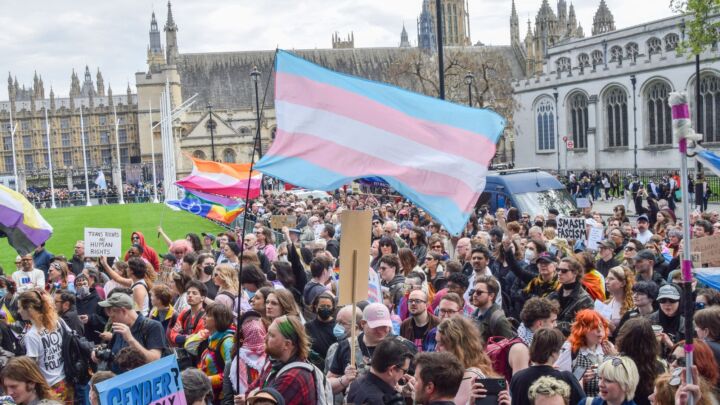


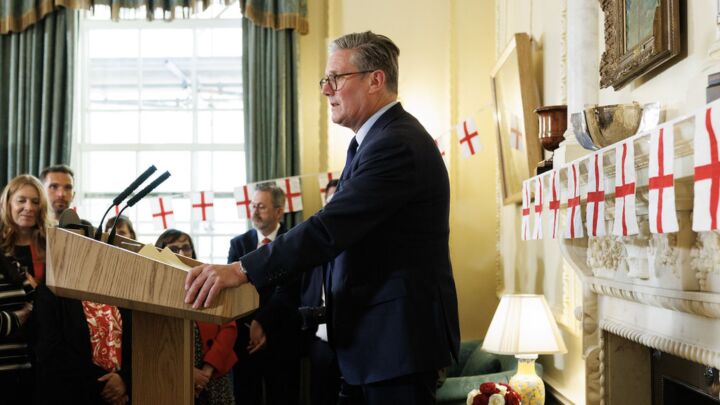
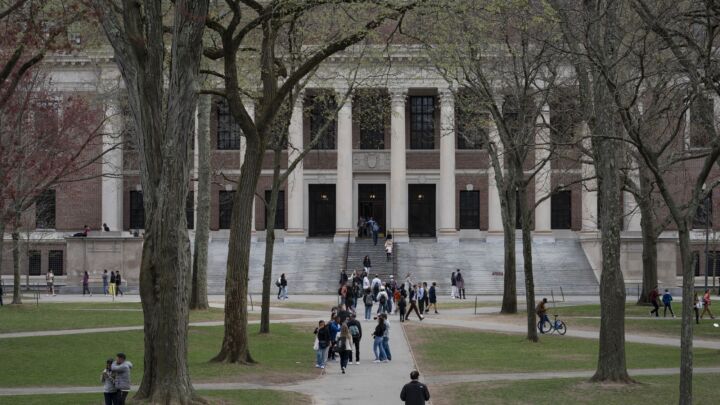
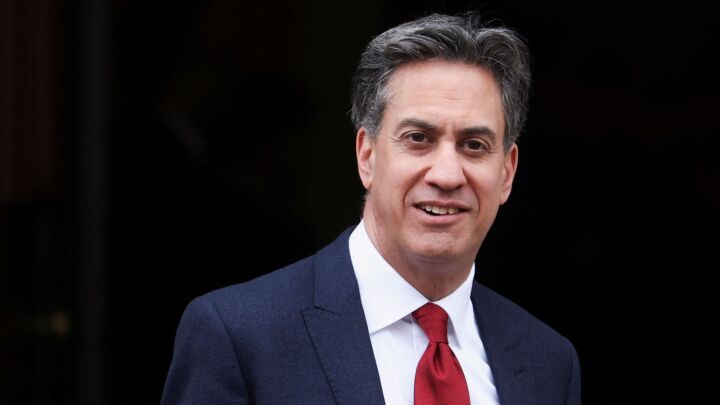

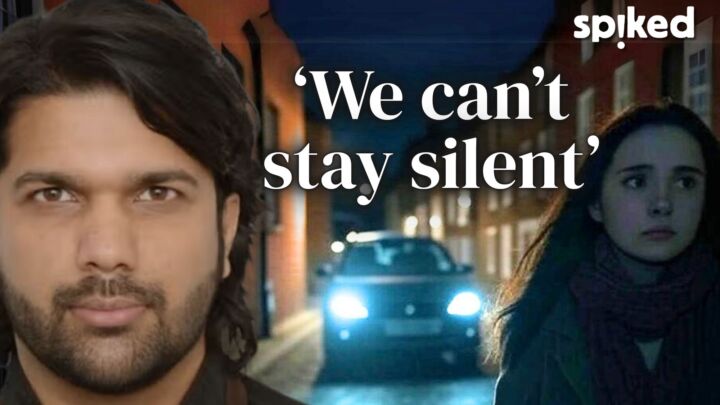

Comments
Want to join the conversation?
Only spiked supporters and patrons, who donate regularly to us, can comment on our articles.